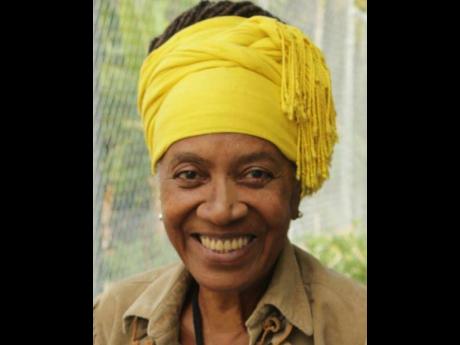Jamaica to commemorate National Chief Takyi Day tomorrow
A civic ceremony to commemorate National Chief Takyi Day will be held in the Port Maria town square in St Mary on Saturday, April 8, beginning at 10 a.m.
The event is being staged to celebrate the heroics of Chief Takyi (also Tacky), who was the leader of the 1760 slave rebellion in Jamaica.
This will be the day’s second commemoration, which is hosted by the St Mary Municipal corporation, in collaboration with the Ministry of Culture, Gender, Entertainment and Sport.
It was first observed in 2022, when a proclamation was issued by Governor General Sir Patrick Allen, declaring April 8 as National Chief Takyi Day.
Culture Minister Olivia Grange will bring greetings as well as read the governor general’s proclamation at the event.
Port Maria Mayor Richard Creary, St Mary South Eastern Member of Parliament (MP) Dr Norman Dunn, St Mary Central MP Dr Morais Guy, and St Mary Western MP Robert Montague are also expected to participate in the ceremony.
Harvard University Professor Vincent Brown, who is the author of the award-winning book Tacky’s Revolt: The Story of an Atlantic Slave War, is the guest speaker.
This year’s ceremony will also include a walk from the Port Maria Police Station to the town square, and a presentation of the proclamation to Creary.
Barbara Blake Hannah, cultural liaison at the culture ministry, said it is important to commemorate the Day because “Takyi is one of our unsung heroes".
She said the 1760 Easter Rebellion was one of the most important events of this nature in the Caribbean’s history.
“What Takyi did was to gather a band of enslaved Africans to try and overthrow their plantation owners in St Mary parish and declare Jamaica a free country,” Blake Hannah pointed out.
She said that this uprising among the enslaved people against the British was one of the most far-reaching rebellions in Jamaica’s colonial history.
“Despite its failure, … it inspired the Haitian revolution three decades later, becoming a major factor in the battles for freedom that continued in Jamaica until slavery was officially ended by the British government in 1834,” Blake Hannah further stated.

